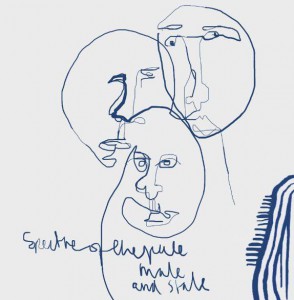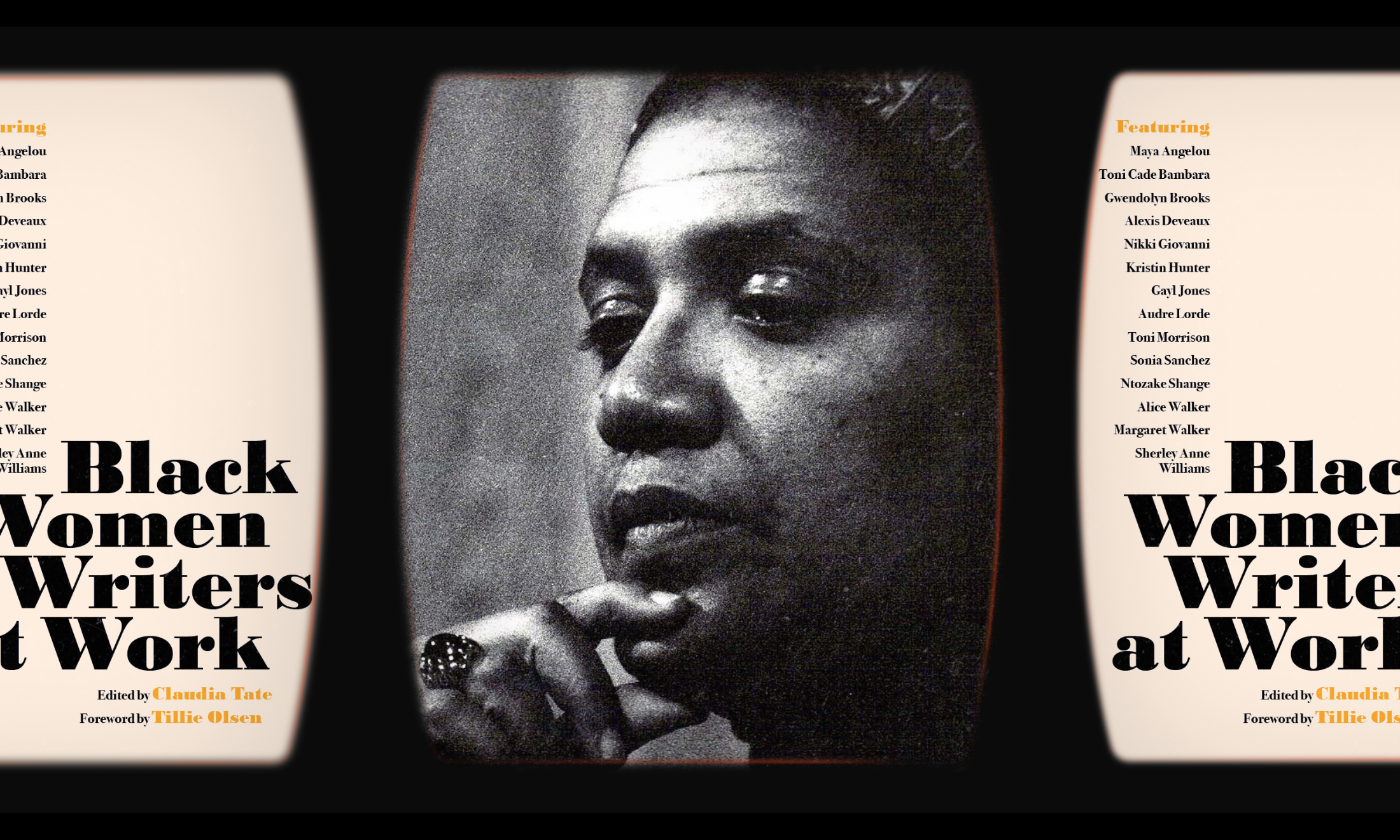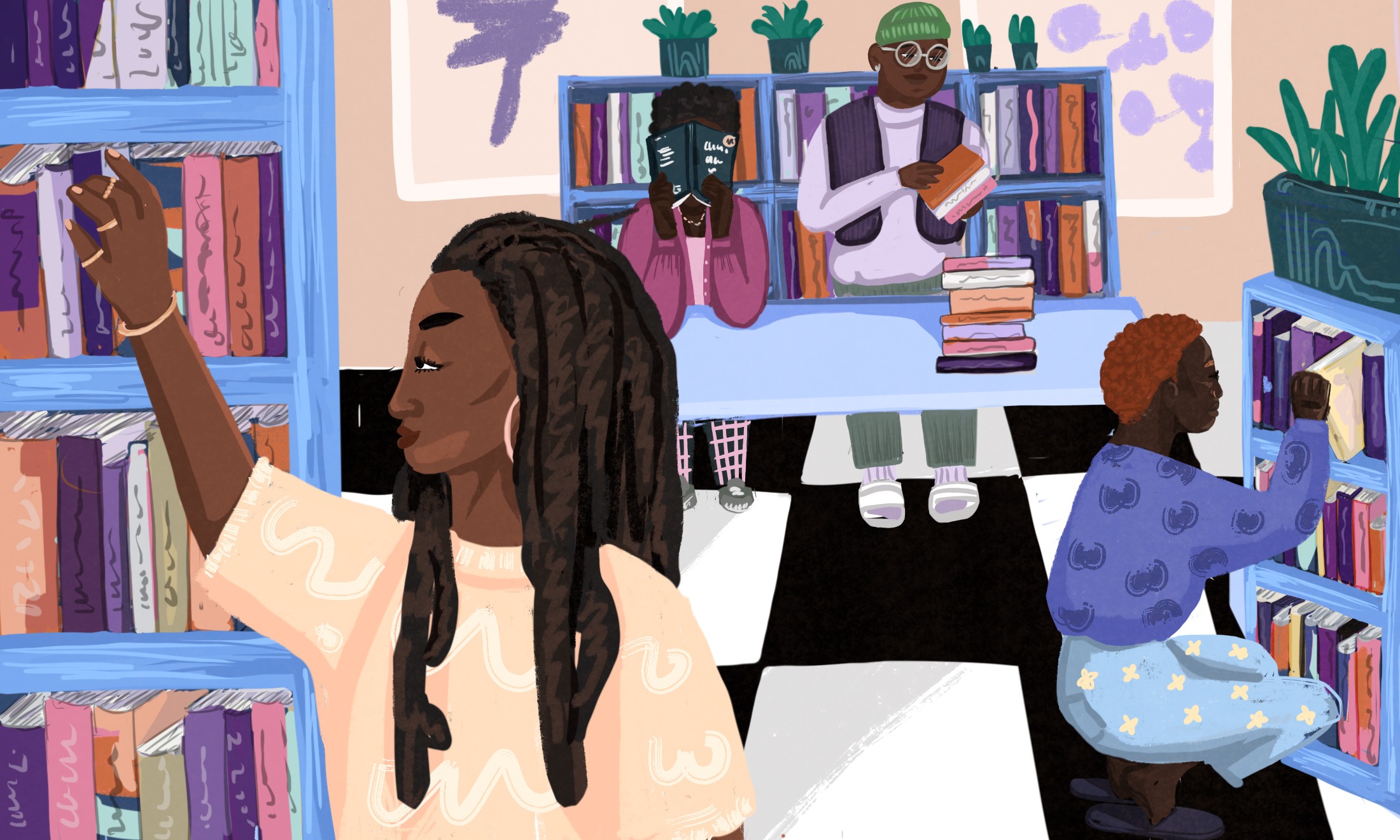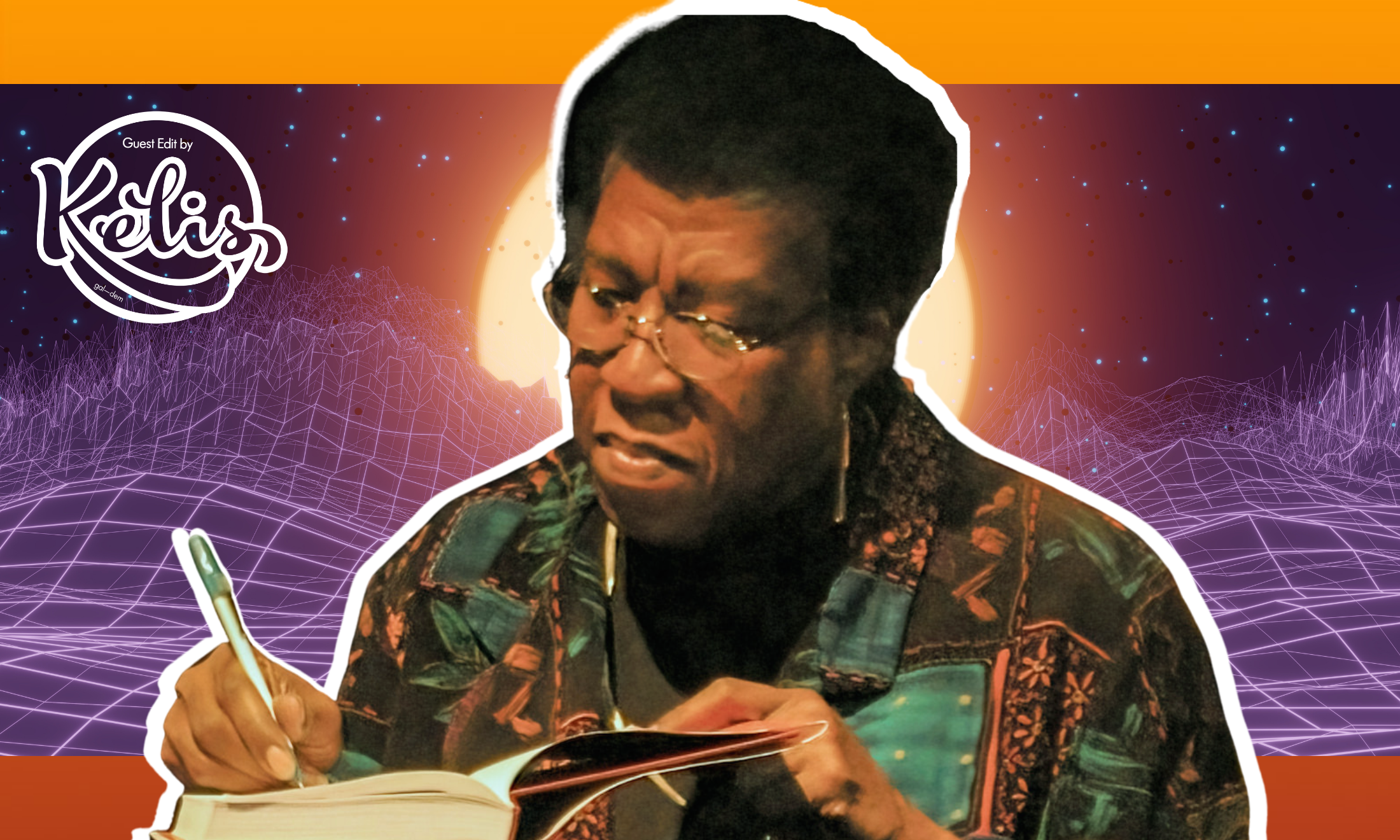
It wasn’t until my final year of university that I was taught by a person of colour. This was not just a first during the three years of my degree, but a first for my entire experience in education. From the day I began school at four years old until I started my third university year, I have never had a teacher who isn’t white.
I grew up in a predominantly white city so the lack of diversity in the teaching body was never a shock back then. Once I reached university it became a lot less convincing to blame this on demographics. At university, no longer was it a case of teachers being picked for their proximity to an institution (and if it were such a way then my London uni should have been bubbling over with a diverse faculty). Instead, my lecturers were chosen for their skill, knowledge and expertise in a particular field. There was no fair reason, that I could determine, which could account for whiteness as a factor too.
 In recent years there has been much critique over the pre-occupation with white, Eurocentric teachings in British universities. The ‘Why Is My Curriculum White?‘ campaign started in UCL and spread across campuses in the UK. It’s main argument, that a curriculum centred around the ‘pale, male, and stale’ does not benefit nor capture the interest of a diverse student body, is one that I wholeheartedly relate with.
In recent years there has been much critique over the pre-occupation with white, Eurocentric teachings in British universities. The ‘Why Is My Curriculum White?‘ campaign started in UCL and spread across campuses in the UK. It’s main argument, that a curriculum centred around the ‘pale, male, and stale’ does not benefit nor capture the interest of a diverse student body, is one that I wholeheartedly relate with.
Where possible throughout my time at university I’ve purposely chosen courses based on the diversity of the core texts. I study English, and the list of authors I’ve had the opportunity to study is far more diverse than the literary canon at large. Yet it isn’t until now, halfway through my final year, that I realise if I truly wanted to migrate away from a Eurocentric curriculum, then I should have looked at the diversity of my lecturers instead.
Never being taught by an ethnic minority meant I had nothing to compare my white lecturers to. And why should it ever have crossed my mind to make those comparisons? It was my belief that in higher education, critical thought would trump any biases an individual lecturer might have. Yet after taking two courses, one on the post-colonial nation and the other on post-colonial literature, the former convened by a woman of colour and the latter by a white woman, it was impossible not to see how biases creep in unwittingly.
Despite my post-colonial literature course focusing almost solely on texts written by racialised African and Asian authors, it was still being filtered through the white, Eurocentric viewpoint of my lecturer. The issue with teaching about race as a white person, as somebody who is not racialised, is that it becomes easier to ignore the real world implications of the topic outside of an academic context. The ‘Other’ becomes imagined as brown boys running in the jungle with tigers and black girls carrying pots on their heads to fetch water. It becomes unreal. It becomes an intellectual exercise for the student body. They don’t realise that the Other is also me, and any other ethnic minority student, sitting in front of them in a lecture theatre.
My white lecturer’s way of teaching post-colonial literature was reflective of her position of privilege. The woman of colour who lectured me also taught from her perspective; as a person who did not share those benefits from the racial structures in our society. This is not necessarily a bad thing. Learning from both women and understanding each of their perspectives enhanced my understanding of both courses. The problem is that I could easily have gone my entire educated life without having that comparison.
Without a diverse faculty, a diverse curriculum can only go so far. Yet the number of BAME professors in this country is woefully low; 92.4% of professors in the UK are white, and only 17 are black women. No doubt contributing to this factor is the fact that ethnic minority applicants are less likely to get a place at university than their white counterparts with equal grades. The fewer ethnic minorities that are able to attend the university of their choice inevitably leads to less of them going on to become academics who could contribute to a richer learning environment for all students.
And so the cycle continues. Most students will still end up be taught through the Eurocentric perspective of their predominantly white university faculty. Until the higher education system values both its ethnic minority students and ethnic minority academics, the ‘pale, male and stale’ will prevail.
Bristol Students’ Union BME Association is holding a ‘Why Is My Curriculum White?’ event this evening at 6.30pm. Find the remaining tickets here.

Britain’s policing was built on racism. Abolition is unavoidable

Against the binary: imagining a future of holding my chest high

How Pakistan’s Khwaja Sira and transgender communities are fearing and fighting for their futures






